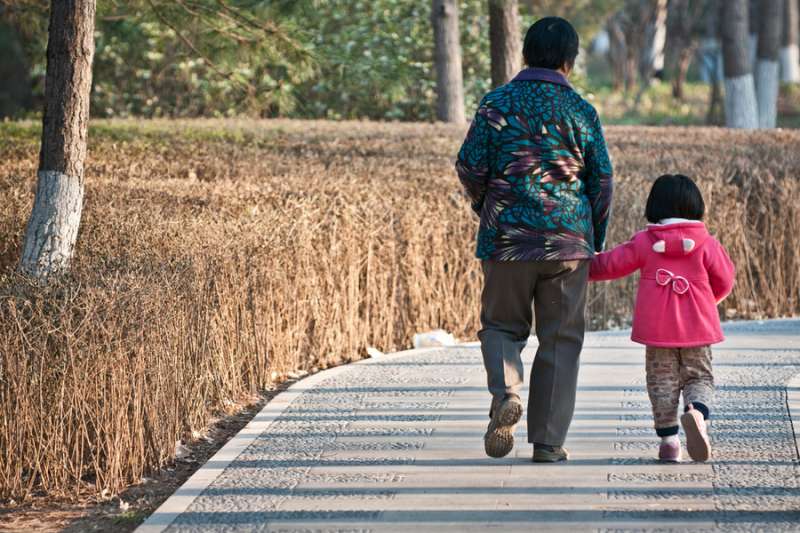Although China announced it was ending its one-child policy in 2015, the effects of the communist regime’s controversial measure will be felt for generations to come, an expert has warned.
Amid renewed calls for population control in the face of environmental concerns, a new documentary, One Child Nation, has refocused wider attention on the one-child policy, which capped the number of children for most couples in China from the late 1970s.
In an interview Thursday on EWTN Pro-Life Weekly, Steven Mosher, President of the Population Research Institute, warned that “generations will see their family tree with all the branches shorn away.”
“The second generation of only children have no cousins, no aunts, no uncles,” he added. “The typical family in China now has four grandparents, two parents, and one child. Maybe two, now. But you can see the family, which has been so important in Chinese culture and history, has now been devastated by the one-child policy.”
Mosher said the policy prevented 400 million births.
“That’s 400 million of the most productive, enterprising, hardworking people the planet has ever seen,” he said. They’ve killed off half of two generations.”
One Child Nation explores some of the ramifications of China’s one-child policy, including human trafficking and the abandonment of infants, particularly female infants. The policy was often brutally enforced by sterilization or forced abortion, a practice Mosher said he witnessed during a visit to China in 1980.
“It was a horrifying experience,” Mosher said, speaking to host Catherine Hadro, “for me, and of course even more drastic and horrifying for the women.”
Mosher praised One Child Nation as “a good documentary,” but expressed frustration that he feels as if some members of the media have responded to the documentary as if hearing about China’s brutal population practices for the first time.
“The policy started in 1980,” Mosher said. “It ended a couple years ago but there’s still abuses in China. Where were they, for the last forty years in reporting on this?”
China announced it would relax the policy in 2015, permitting most couples to have two children, but experts say many of the same human rights abuses continue.
Although China has the largest population of any nation, its fertility rate remains below the replacement level. Mosher said after decades of trying to curtail its population, China might now start seeking to inflate it.
“The state is now pressuring people to have a minimum of two children so you can see the trajectory,” Mosher said. “We’ve gone from forcing people to stop at one child to encouraging them to have two and now saying, ‘you’ve got to have two.’ Party members have been told they must have two, they must lead by example.”
Mosher added that he is concerned that China’s demographic recession might lead it to take more drastic measures to increase its population, such as forced pregnancies, in much the same way it acted to prevent families from having children.

